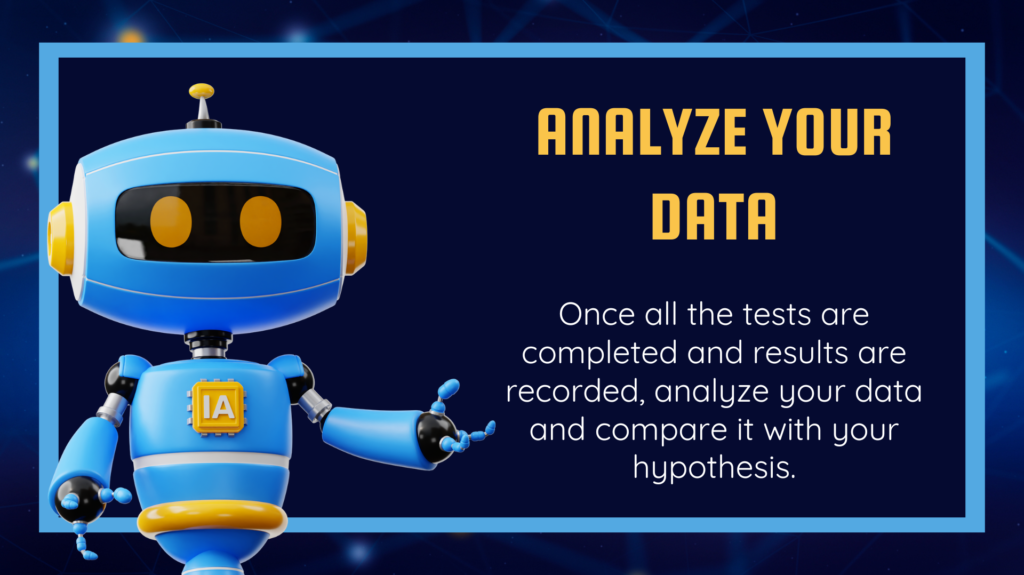AI-powered personalized financial services are reshaping the way individuals interact with financial institutions. By leveraging advanced machine learning algorithms and vast amounts of data, AI delivers highly tailored solutions that cater to each customer’s unique needs and preferences. This shift from traditional one-size-fits-all approaches to customized financial offerings marks a significant transformation in the financial sector. AI helps financial institutions understand individual behavior patterns, spending habits, and risk profiles, creating a more client-centric experience.


AI uses data from various sources such as transaction history, credit scores, and even social media activity to build a detailed profile of each customer. By analyzing this data, AI can predict future financial needs and recommend products such as loans, insurance plans, or investment portfolios that align with the customer’s financial goals. For instance, AI-powered robo-advisors can create personalized investment strategies based on a user’s risk tolerance and time horizon, offering continuous adjustments to optimize returns.
AI strengthens risk management by scrutinizing real-time customer data and spending behaviors to provide accurate credit assessments. This approach enhances risk profiles and reduces the incidence of bad loans. Additionally, it identifies early signs of financial distress, enabling proactive interventions and support.
- Spending patterns are used by AI to refine risk profiles.
- AI reduces bad loans by improving credit evaluations.
- Early financial stress is detected through AI analysis.
- AI enables proactive solutions for financial issues.
- Risk management is enhanced with AI-driven insights.
- Accurate credit assessments are achieved through AI's data analysis.
While AI-powered personalized financial services offer many advantages, there are challenges, such as data privacy concerns and potential biases in AI algorithms. Financial institutions must ensure they are transparent about how they use data and adhere to stringent security measures to maintain customer trust. Despite these challenges, the future of AI in personal finance looks promising. As AI technologies continue to evolve, financial services will become even more intuitive and responsive, offering highly personalized experiences that enhance both customer satisfaction and financial outcomes.

The main benefit of AI-powered personalized financial services is the ability to provide tailored advice and products that suit individual financial circumstances. This leads to better customer engagement and satisfaction, as users feel understood and valued. Personalized services also enable financial institutions to cross-sell relevant products more effectively, increasing revenue streams. Furthermore, AI helps users make better financial decisions by offering insights and recommendations based on real-time data, which can improve their overall financial health.





